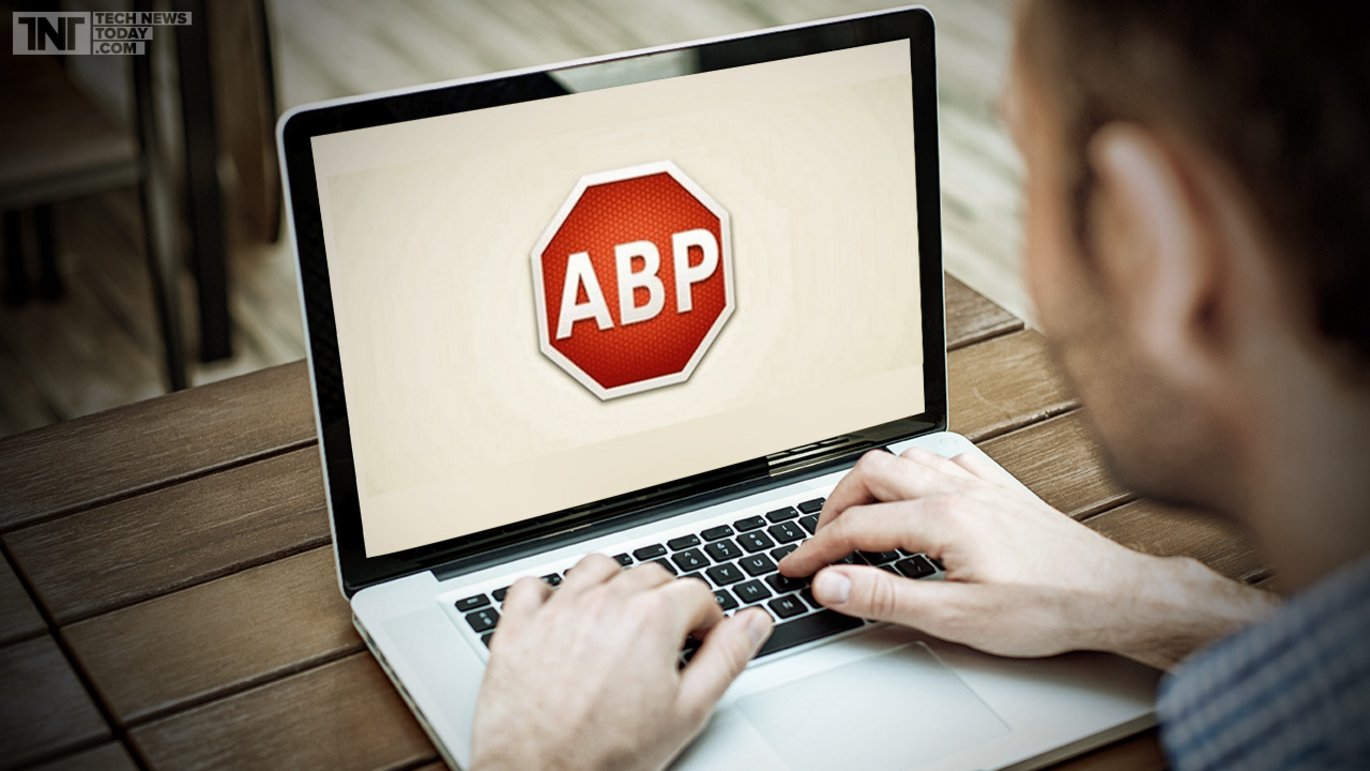Panellists in the debate: ‘Adblocking – Catastrophic or Brilliant?’
Here are the five panelists who will participate in our panel debate on adblocking at Internet Week Denmark 2016.

When the panel debate 'Adblocking - Catastrophic or Brilliant?' takes place during the Internet Week Denmark festival 2016, these are the five panelist who will enter the stage to discuss possible solutions to content income, user experience and adblocking. Tv-host and tech-expert, Nikolaj Sonne, will moderate the debate.
Speaker and panellist: Natasha Alexia
Master of Arts in Media Studies and Online Marketing Specialist with the consultancy firm No Zebra

In line with other studies, my study has shown that infotainment reduces mobile ad avoidance, while intrusion increases it. This confirms that mobile users want valuable content such as information or entertainment. The 263 university students who evaluated the use of mobile ads considered them very intrusive, which may be one of the main reasons for blocking mobile ads.
In this connection, data abuse indirectly explained why mobile users block ads: The greater the users’ concern about data abuse, the more likely they are to consider ads intrusive. It is probably related to the fact that users regard the mobile phone as a private medium used behind the scenes, and expect no one to be looking over their shoulder.
What is most interesting is that the increased awareness of the use of personal information in many ways has turned users against advertisers. This confirms several of the results of the study, for example the following: The more concerned users are that their personal data is being abused, the more they become aware that they are being observed, and the more likely they are to consider ads intrusive.
There was generally widespread agreement among the students that personalised advertising is a constant reminder of data abuse. This underlines that personalised advertising should be treated as a double-edged sword: Advertisers must deliver high-value ads if they want to avoid adblocking having the same effect as spam filters in email systems.
Panellist: Anja Bechmann
Associate Professor and researcher at Aarhus University and Head of Digital Footprints Research Group

Demand and develop ads that are adapted to personal media
Adblock Plus is the most popular adblock plug-in on the market for Google Chrome, Firefox, Safari, Internet Explorer and other web browsers. It blocks annoying and uninteresting ads as well as tracking from companies that we have not given access to our personal information feeds. Prior to the panel debate, we tested whether Adblock Plus actually does block tracking efficiently, or whether it merely tracks our behaviour itself.
The test shows that Adblock Plus is super efficient, but that the technology is fragile. In this connection, Erik Krogh Kristensen, PhD student in Computer Science, reprogrammed a version of Adblock Plus to track behaviour. The purpose was to show how easy it actually is to embed such tracking in the technology.
I do certainly not believe that forming a future culture where we use fragile technologies to protect our private lives is a sustainable solution. Using the technology as browser technology can potentially lead to identity theft, as it is capable of tracking our Internet behaviour.
Instead, as media industry players, we must help ensure that the ads companies produce are interesting and adapted to what characterises the use of mobile media, which is that they – even more so than other media – are highly personal, and that we use them as an integrated part of ourselves and our interaction with the outside world. This must be taken into greater account to prevent citizens from exposing their personal and behavioural data to abuse and, in the worst case, identity theft.
Panellist: Hannu Vangsgaard
Chief Digital Officer at the advertising agency Envision

Acknowledge the use of adblocking – or die
Users are not to blame for the choice made by the media to apply a business model based on advertising revenue. It is important to understand this, because otherwise things will go wrong. I am really concerned about the Danish daily newspaper Jyllandsposten’s use of a ‘hedgerow strategy’, hiding articles from users who have installed an adblocker.
Have they learned nothing from the film industry, the music industry or other industries where companies have been driven to their knees trying to fight the trend, or maybe even completely ignoring it?
I believe that we as content producers have to acknowledge that users block ads, among other things because they are already being flooded with information they do not want to see. Fighting that behaviour and preventing users from seeing certain content, like Jyllandsposten is doing, is not a sustainable solution. It is just like wetting one’s pants to stay warm. Instead, we should try different ways of distributing content and gradually develop new business models based on our achievements through experience gained with new distribution methods.
Just look at The New York Times and The Washington Post, which have listened to the users by making use of Instant Articles on Facebook and 360-degree videos, thereby making themselves relevant. When the news media make use of media and formats that are popular with users, their articles receive more attention. NewsWhip, which investigates how stories spread on the social media, has found that Instant Articles generate 3.5 more shares, 2.5 times more likes and 5.5 times more comments.
I am convinced that if companies are too reactionary and defensive for too long, they risk disruption and ultimately losing their effect – not because of a super agile, high-tech company, but because of their own culture. We must adapt to the users and not be afraid of exploring new opportunities for distribution and profit. We simply have to.
Panellist: Christian Godske
Chief Digital Officer at the media agency Mediacom Nordic

YES, there is hope for ads and content paid by advertisers
There is no doubt that we are facing a problem: The business model has still not been fixed, and it will only become more difficult for most news media to make money on mobile content, as adblocking is gaining momentum on mobile phones. It is an intimate and very personal media type, which means that users consider ads even more disruptive and unwelcome.
I think that we need to focus more on what is popularly known as ‘native advertising’. For some reason, is it easier for users to accept content provided by a content management platform rather than an ad server, which is technically what is being blocked. I do not believe that native advertising can do it alone, but it can guide us in the right direction, towards producing ads that are more appealing, humorous, informative and value-adding, and are adapted to the editorial content.
It is essential that we escape from the evil ‘banner circle’ and break with the idea that a banner with low costs per click is of little value to the user. Besides, we are to blame for this situation: We made room for numerous banners on the same page because it generated more clicks and money, without considering the value of the ads and stopping to think: What effect would it have in a printed magazine if we placed five to seven ads on the same page?
In order to produce only high-quality ads, we have to make an across-the-board effort. The news media need to focus more on quality and less on quantity. This applies to both formats and locations, and probably also which advertisers are given access to their media. Advertisers must begin to take digital ads much more seriously, and advertising agencies need to produce them with greater care. Advertisers would not have their names associated with some of these banner ads if they were shown on TV or printed in a magazine!
And lastly, media agencies need to become better at advising on how to measure the value of good ads based on factors other than clicks and online sales. Perhaps they should even be a kind of ‘guardian’, showing how data is used in a good way.
Panellist: Jesper Johansen
Online Marketing Manager at Nordjyske Medier

Users bear no responsibility, but blocking ads is wrong
I will make no secret of the fact that I am against adblocking. It does not mean, however, that I am against the users of adblocks. They know that the news media would not be able to continue to provide free high-quality content if the ads were removed from all websites.
The fact is that the news media really want to provide free digital high-quality content, but that it also requires a stable income. Since adblockers became part of the media ecosystem, the media have not been able to adjust the balance between income and user experience. With adblocking, the users’ own well-being has become dominant, outweighing the viability of the media they use.
If users had more knowledge about the profit from websites and how little revenue advertising actually generates, it might affect the willingness to compromise and the balance between users and advertising revenue.
The problem is that the reason for installing adblocking is untrustworthy website content, where users have to make 10 clicks on pages with 40 ads per page to get to the relevant content. Adblocking does not only affect news media websites, but all websites. It is the way the Internet is designed which is exploited by adblockers – both technically and legally. Therefore, it does not make any sense when the news media use anti-blocking scripts on their websites to block adblock users. Why should they be punished?
Adblocking actually offers great user-friendliness: The news media can appeal to and motivate users to whitelist them, and, conversely, users can choose to whitelist websites they are loyal to. But the appeal implicitly turns the users into the problem – and they are not. It is, however, the only weapon media players currently have.
In my view, adblockers must be fought with technology without involving the users. This means that we have to listen to the users sharing their ad experiences, so that we can create the best website experience together.

